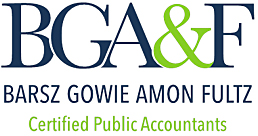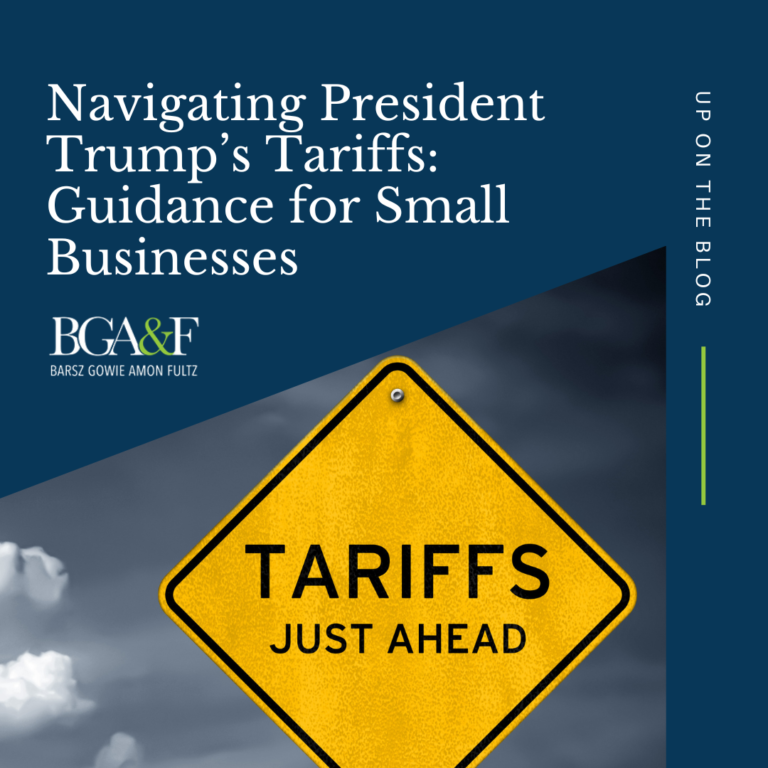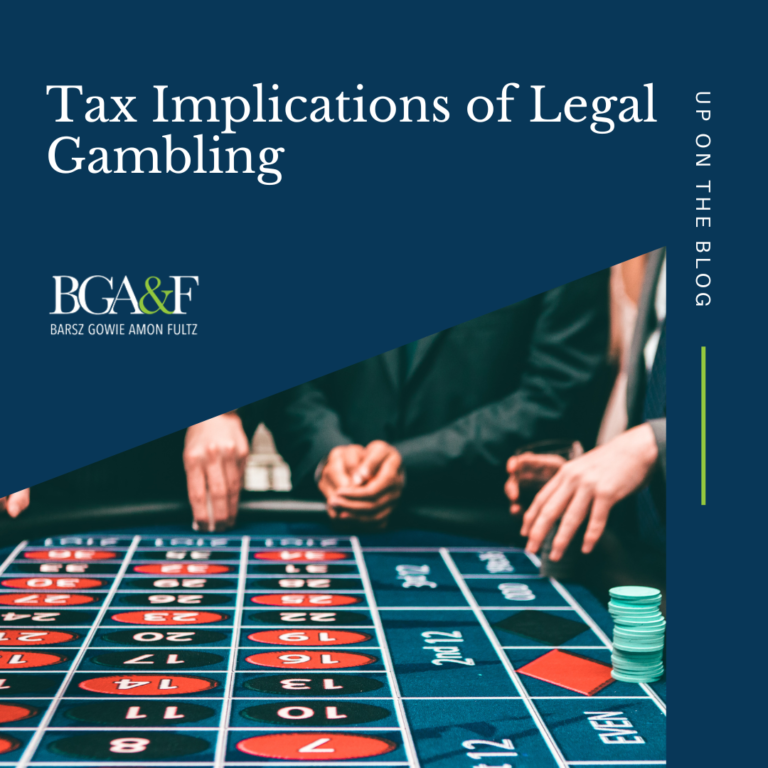Pennsylvania offers two valuable programs that can make a significant difference in education through the tax system: the Educational Improvement Tax Credit (EITC) and the Opportunity Scholarship Tax Credit (OSTC). These programs are designed to encourage businesses and individuals to support education-based non-profits. These programs offer the same benefits, but the key difference is the type of organization the money is going toward.
The EITC program aims to foster education by encouraging businesses to donate to selected education-focused non-profit organizations. If you’re a regular payer of Pennsylvania estimated tax payments or face a balance due at tax time, the EITC allows you to redirect those funds toward supporting a wide range of approved educational institutions and scholarship programs.
How the Credit Works:
- If you make a one-year contribution to an eligible EITC program, you can claim 75% of that donation as a credit against your state tax bill. For instance, if you donate $10,000, you’ll receive a $7,500 Pennsylvania tax credit.
- If you make a two-year consecutive contribution through an eligible EITC program, you’re eligible for a 90% tax credit. If you donate $10,000 in each of the two years, you’ll receive a Pennsylvania tax credit of $9,000 each year.
Getting Started:
To begin, review the list of eligible educational improvement organizations. This list can be found at https://dced.pa.gov/educational-improvement-organizations/. Consider organizations you have a personal connection to, those your children attend or plan to attend, or those with missions you believe in.
Once you’ve chosen an organization, determine whether you’ll contribute as an individual or a business.
The OSTC program targets businesses and individuals interested in supporting children attending the worst-performing 15% of schools in Pennsylvania through scholarships and tuition assistance. Students can use that to attend another public school outside their district or a private school.
How the Credit Works:
- The credit mechanism for OSTC follows a similar structure to EITC, with the same 75% and 90% options for one-year and two-year contributions, respectively.
Starting the Process:
Access the list of approved opportunity scholarship organizations at https://dced.pa.gov/opportunity-scholarship-organizations/.
After identifying an organization you connect with, contact them to discuss participation options.
Applying as a Business:
An annual or biennial application process is in place for businesses aiming to participate directly, with new applications due by July 1st each year.
You must register through the Pennsylvania Department of Community and Economic Development to apply. A step-by-step guide to registering can be found here.
Applying as an Individual:
Individuals can participate by contributing to approved entities established by organizations. Once you have selected an organization, you should contact them directly to confirm if they have offerings for individuals to participate. A Form K-1 would be issued and provided at tax time, which contains the necessary information to claim the credit on your tax returns. Again, consult with your CPA to determine the appropriate contribution amount.
Federal Tax Impact:
While the EITC and OSTC credits don’t directly reduce your federal tax liability, you might benefit indirectly through potential federal tax deductions. Charitable donations, including those made to the organizations supported by the EITC and OSTC programs, can be eligible for federal tax deductions if you itemize your deductions on your federal tax return. Based on the one or two-year commitments, the residual 10% or 25% of your contribution can be claimed as a charitable deduction. This can lower your overall federal tax liability by reducing the amount of income subject to federal taxation.
Next Steps:
If you’re intrigued by the prospects of the Pennsylvania EITC or OSTC programs, and you’re local to the Chadds Ford or Media areas, connect with our accounting team. They can guide you through the process, tailor a tax plan specific to your circumstances, and help you positively impact education while fulfilling your tax obligations. These programs present a unique opportunity to contribute to education while navigating your tax responsibilities.




